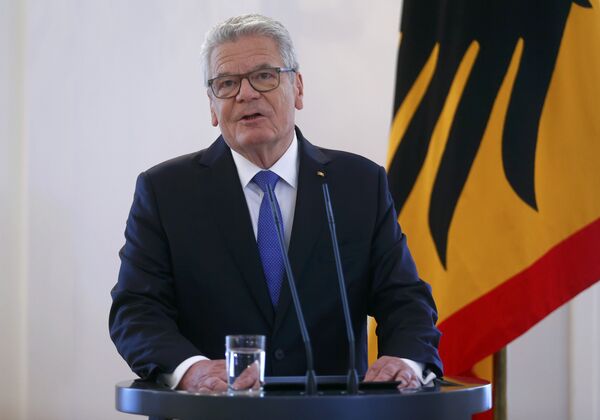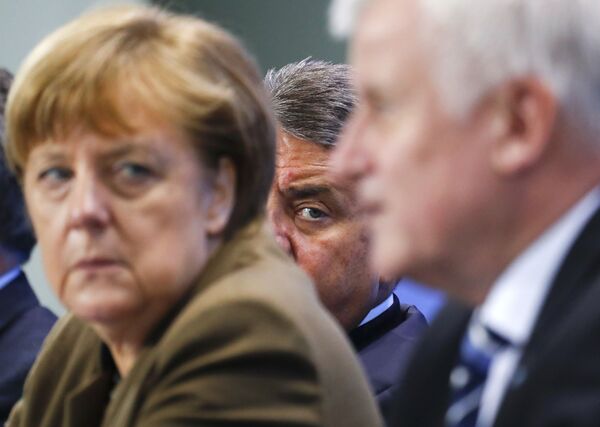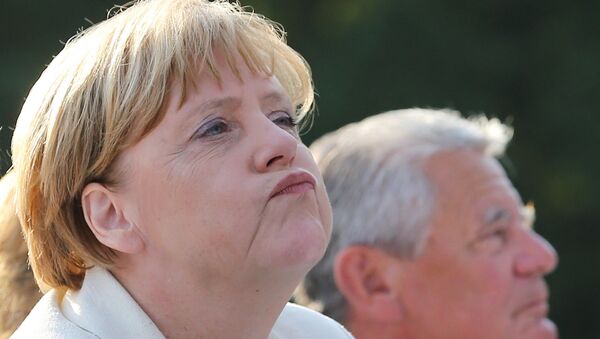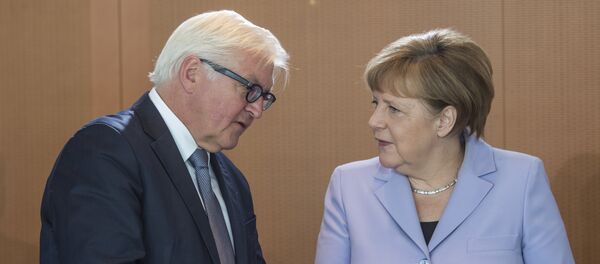Gauck was nominated to the post of President, February 2012, by parties from across the political spectrum: Merkel's CDU, her Bavarian sister party, the CSU and the opposition SPD, as well as the Alliance '90/The Greens.

However, Gauck, aged 76, announced in June that he would not stand again in 2017, saying:
"I do not want to commit myself for a further period of five years when I cannot guarantee that I will have the adequate amount of energy and vitality that is required. How one considers one's own age is a very individual, very personal question. This is the way I have answered it for myself."
Four months on — and with six months to go before the vote — Merkel has still not managed to find cross-party support for a single candidate to replace him and is facing the probability of each party putting forward its own candidate, further muddying the waters of next year's federal election.
No Candidate?
Merkel is facing increasing criticism over her "open doors" policy for refugees and her popularity has plummeted. Relations with her own sister party, the Bavarian CSU have become strained over the migrant issue — Bavaria having borne the brunt of the migrant crisis, originally — and he coalition party, the SPD, has also voiced heavy criticism over her handling of the affair.

Now, the SPD's party chief — and her vice-chancellor — Sigmar Gabriel has proposed Frank-Walter Steinmeier — her foreign minister and SPD party member — for the post. Steinmeier is popular and has been seen as a frontrunner, but Merkel has been trying to put up her own candidate, with little success.
Thus, Merkel's in another mess. With Gauck being been nominated with cross-party support and her unable to find consensus for a candidate from her own party and the SPD on the front foot, she is looking increasingly isolated as a time when she needs her party to show unity with the federal election next year looming ever closer.



